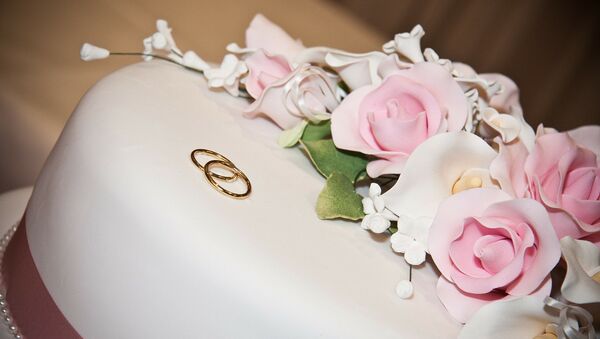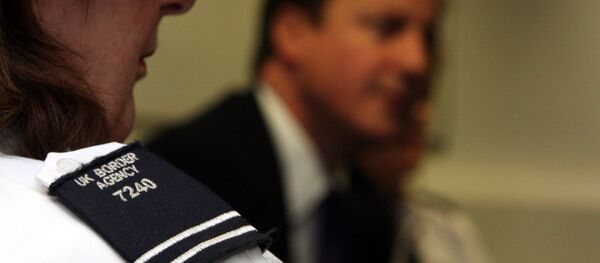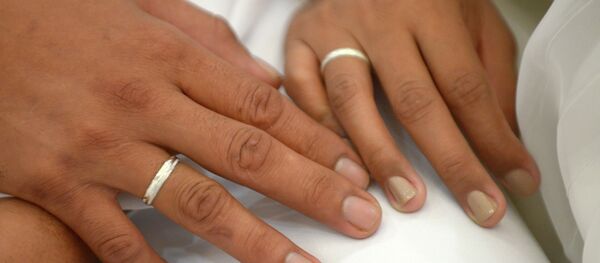Siddique Patel, a solicitor at Shoosmiths, a UK law firm, explained to Sputnik how authorities are able to determine if a marriage is genuine.
First and foremost, Siddique Patel explained what British authorities deem to be a sham marriage.
"A sham marriage or civil partnership is one where the relationship is not genuine but one party hopes to gain an immigration or financial advantage from it. There is no subsisting relationship, dependency, or intent to live as husband and wife or civil partners."
Mr. Patel said that according to UK legislation, under sections 24 and 24A of the Immigration and Asylum Act of 1999, amended by section 55 of the Immigration Act of 2014, authorities may suspect a sham marriage when:
"One or both of the parties is not a British citizen or an EEA or Swiss national; there is no genuine relationship between the parties; either or both of the parties enter into the marriage or civil partnership for the purpose of circumventing (avoiding) UK immigration controls, including under the Immigration Rules or the Immigration (EEA) Regulations 2006."
Investigation of Sham Marriages
The Guardian newspaper reported that Home Office authorities have gone as far as carrying out dawn raids to see if couples actually shared a bed, intruding during wedding ceremonies and making couples answer "insulting" questions about their sex lives to prevent migrants from getting married in the UK.
But those who were familiar with the process said it also regularly prevented many genuine marriages.
Organised Crime Groups
But as Mr. Patel noted, sometimes an individual sham marriage is often part of a wider organised crime group.
The Shoosmiths solicitor said that The Immigration Act of 2014 made major reforms to the process of inspections of "marriage and civil partnership that help identify and investigate suspected sham marriages, to prevent the participants of a sham marriage or civil partnership from obtaining an immigration advantage. This makes referrals from register offices possible," Patel explained.
Dangers of Sham Marriages
The risk of entering a fictitious marriage is the lack of real protection that it gives to both sides and "if there is an increase in sham marriages, this erodes the importance of the protection of that law," Patel stressed.
READ MORE: Scale of Sham Marriages for UK Visas Remains Unclear
Mr. Patel is also the Deputy Director of the 'Register Our Marriage' campaign, which is working with the government to educate the public about the harms of unregistered marriage and has been campaigning to change the Marriage Act of 1949 so that marriages of all faiths are recognised by the law in England and Wales.
According to the UK law firm, the "change in this piece of legislation will ensure that we draw a step closer towards the wholesale protection afforded by the law of all faith marriages across England and Wales. This will also help protect against polygamous marriages, which are sometimes a common feature of sham marriages," Shoosmiths firm concluded.
The views expressed in this article are those of the speaker and do not necessarily reflect those of Sputnik.




